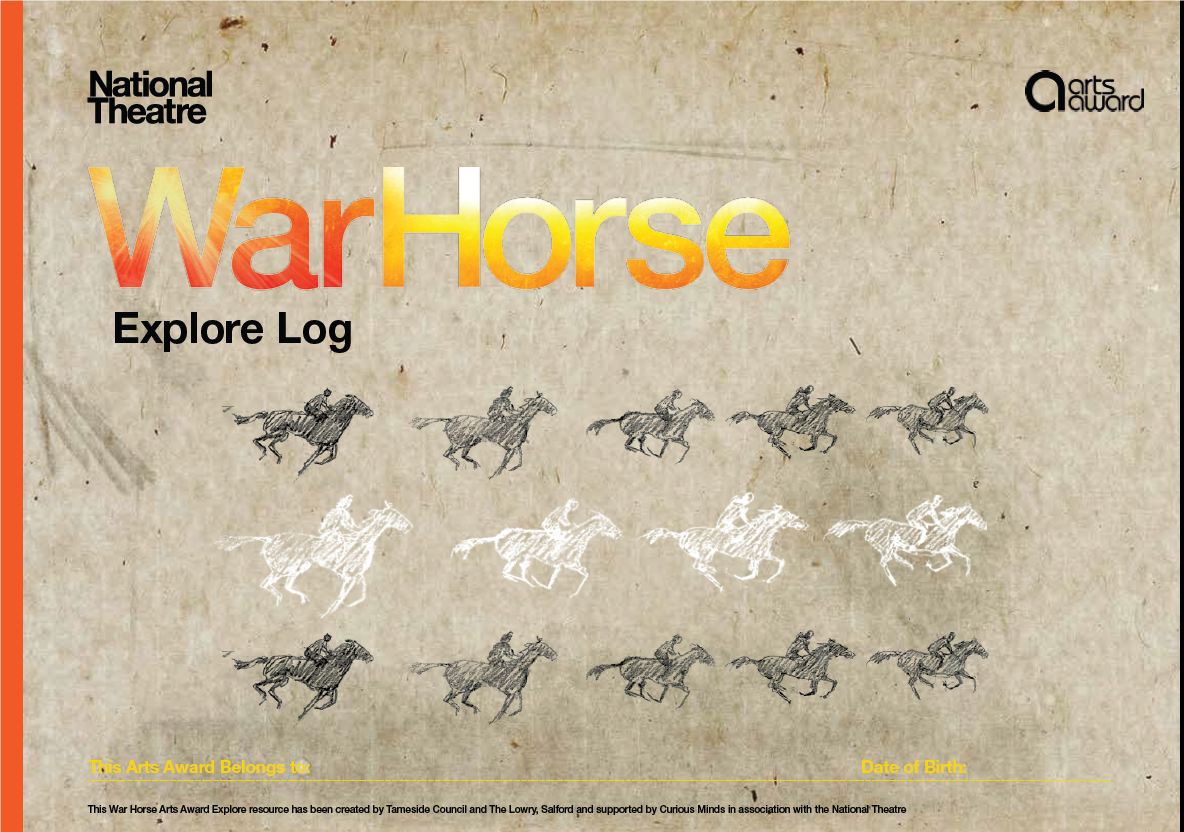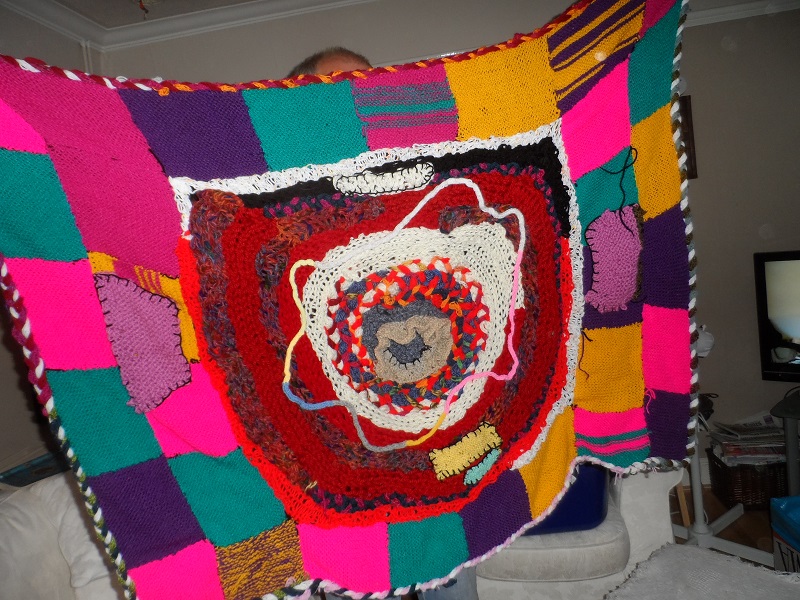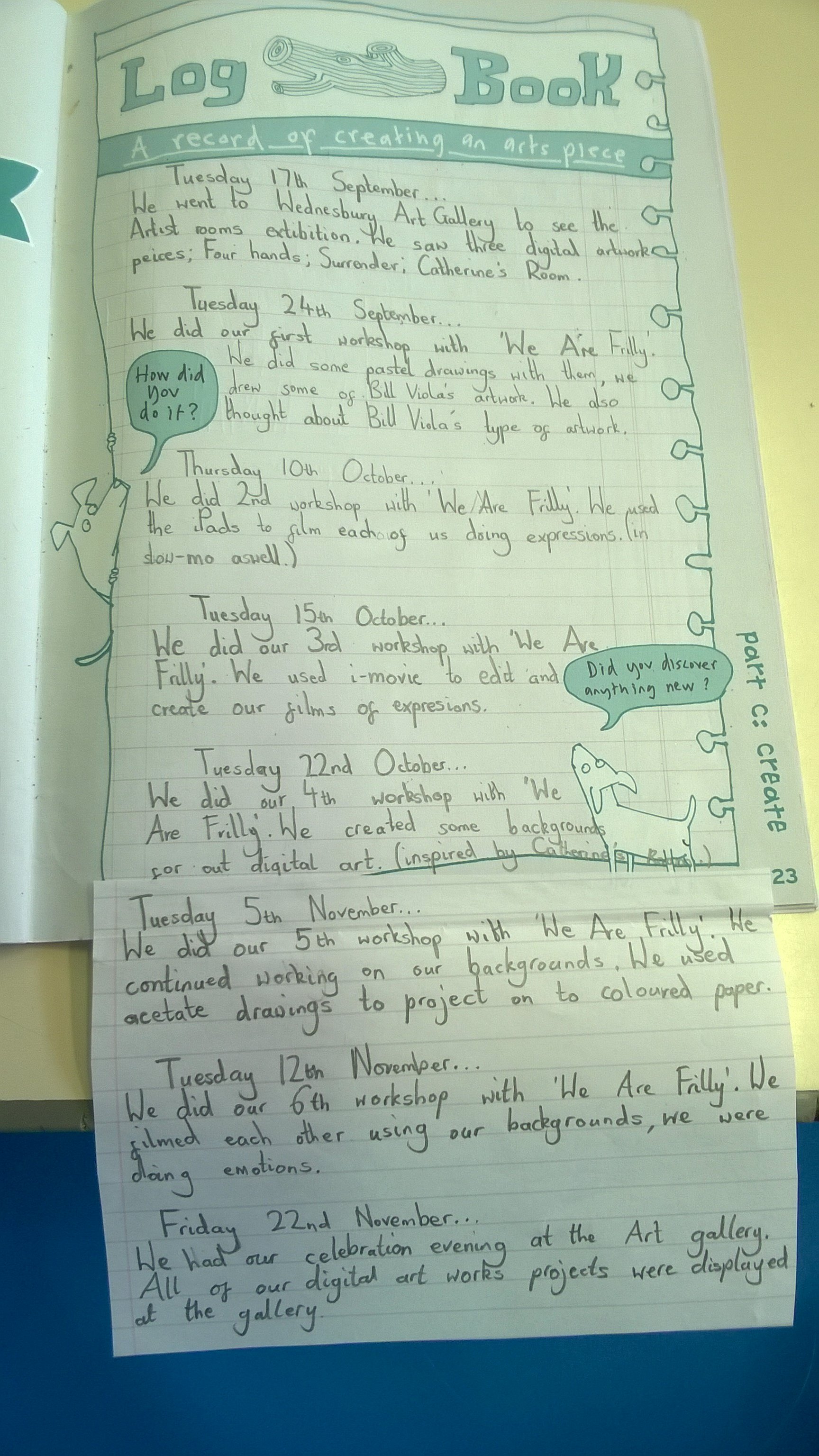.jpg)
Why arts learning should be a priority at Key Stage 3

BY: Julie Neville
19 Jan 2022
Before the pandemic disrupted so many arts and cultural plans in schools, settings were busy ensuring cultural capital was an essential part of their curriculum (Ofsted 2019). Fast forward 18 months and, despite creative approaches to topic based learning being popular during lock down teaching, arts leaders in schools are once again needing to champion their subjects to ensure they fully feature in curriculum planning alongside core or EBacc subjects.
However, from a strategic point of view, maintaining an emphasis on arts subjects in Key Stage 3 (KS3) would naturally remain a priority for schools given Ofsted’s emphasis on a balanced curriculum throughout this Key Stage.
Catching up on lost time
Added to this, KS3 pupils transitioning from primary school have missed out on essential arts and cultural learning and experiences, and on making their choices at the end of Year 8 some will never have the chance to study art, drama or music again before they leave school. The debate around having either a two or three year KS3 seems more important now than ever, and essential for schools supporting pupils to experience a curriculum that is balanced with creative subjects and that will influence their choices at KS4.
Offering Bronze Arts Award both on and off the curriculum during either a two, or three year KS3, can contribute to pupil retention in arts subjects at GCSE. Arts Award is an inclusive programme that can support settings to reduce any culture or cultural knowledge gap among pupils, providing extension and challenge to improve cultural opportunity and overall personal development. In Year 9, Arts Award often becomes a strong motivational factor once options have been chosen and an ideal way of beginning to introduce vocabulary and skills that will support GCSE learning across any subject.
Bronze Arts Award in focus
Bronze Arts Award is a Level 1 qualification on the Regulated Qualifications Framework (RQF) and is open to young people aged 11 to 25. To achieve a Bronze Arts Award, young people collect evidence in an individual arts log or portfolio of their experiences of:
- developing their interests, knowledge and skills through actively participating in any art form
- experience of at least one arts event/experience as an audience member and their review of that event/experience
- researching the career and work of an artist or craftsperson that inspires them
- experience of passing on an arts skill
As a framework for enrichment, Bronze Arts Award in KS3 provides an off-the-shelf programme for a wide range of extra-curricular clubs including music and singing, dance, craft, drama, computing/code, photography and film. For pupils heading into KS4 having chosen to drop their creative subjects, these clubs can offer a valuable pathway to Silver and Gold qualifications which enable them to keep their love of the arts alive and meaningful.
Embedding Bronze Arts Award at KS3 will support early career guidance, fulfilment of the Gatsby benchmarks and development of a wide range of skills for life including communication, creativity, team work and planning. Achieving Arts Award can help develop young people’s confidence and self-esteem and it is often the motivation they need to take their chosen art form from a hobby to a genuine career choice.
Bronze works well as a blended project, combining large group work with independent study, as well as supporting pupils to continue developing their skills and creating portfolios from home.
Related posts
BY: Alan Lynch
BY: Alan Lynch
BY: Alan Lynch






Comments & Replies